Minority rebuts Prof. Kwamena Ahwoi’s comments on decentralisation
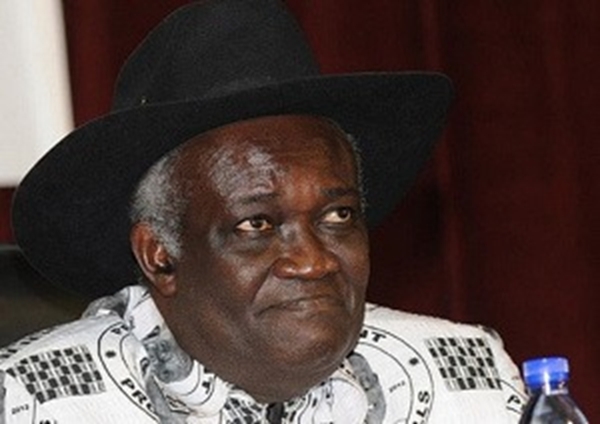 Prof Kwamina Ahwoi
Prof Kwamina Ahwoi
The Minority in Parliament has pushed back against remarks made by former Local Government Minister and governance expert Prof. Kwamena Ahwoi at the recent National Dialogue on Decentralisation and Responsive Governance, insisting his claims misrepresent the purpose and impact of Ghana’s decentralisation policies.
In a statement signed by Mr. Francis Asenso-Boakye, Ranking Member of the Committee on Local Government and Decentralisation, the Minority acknowledged Prof. Ahwoi’s contributions to local governance but described parts of his presentation as inaccurate and politically skewed.
The Minority stressed that decentralisation is not merely about maintaining existing systems but about ensuring government presence and equitable development across the country.
They defended the creation of new districts and regions as a deliberate policy to bring governance closer to the people and provide direct access to resources for underserved communities.
“To describe these initiatives as counterproductive fails to appreciate the essence of decentralisation itself,” the statement read.
Responding to Prof. Ahwoi’s claim that creating six additional regions between 2018 and 2019 was unnecessary since Ghana had functioned with ten regions for decades, the Minority argued that the move was aimed at fostering inclusion and growth.
“The question was never about mere survival.
It was about facilitating growth, inclusion, and accelerated development,” the group stated, adding that the new regions had already spurred infrastructure, social services, and investment.
The Minority also rejected assertions that governments have ignored population thresholds in creating metropolitan, municipal, and district assemblies (MMDAs).
They insisted that under the NPP administration, all MMDAs were established in line with the Local Governance Act, 2016 (Act 936), with due regard to both population size and economic viability.
Citing achievements under the Akufo-Addo administration, the Minority highlighted the establishment of Regional Coordinating Councils and full departmental structures in the new regions.
They noted that permanent facilities had been constructed for the Education, Health, Agriculture, and Highways departments, as well as new regional offices for the Police, Immigration, Fire Service, and Prisons.
“In total, over 60 monumental developments of varying scale were completed in record time.
These projects are not theoretical; they are functional, operational, and in daily use,” the statement said.
The Minority also questioned the framing of the decentralisation dialogue itself, describing the “reset” theme as politically motivated and tilted toward advancing the ruling party’s agenda rather than promoting balanced national discourse.
Emphasising that decentralisation remains central to Ghana’s democratic development, the Minority concluded that the creation of new districts and regions should be seen as “an investment in inclusion and nation-building” rather than an overreach.
Source: Classfmonline.com/cecil Mensah
Trending News
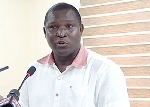
A Rocha Ghana calls for bold, radical leadership in galamsey fight
11:36
Registrar of Scholarships Secretariat alleges mismanagement by previous administration
14:29
14 QNet leaders arrested in Ashanti Region for allegedly running recruitment camps
15:43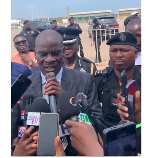
Education Minister assures unpaid teachers of swift action on salary arrears
06:30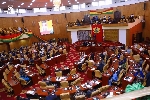
Parliament announces commencement of third meeting of Ninth Parliament’s first session
16:02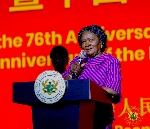
Vice President Opoku-Agyemang reaffirms Ghana–China ties at 76th anniversary celebration
03:53
Awutu Senya East MP engages Kasoa Old Market traders on business challenges
11:24
CCAL calls on President Mahama to speedily declare all galamsey-affected zones as state of emergency areas
16:23
24.3m internet users, 7.95m social media users in Ghana, says report
17:38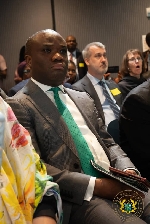
Felix Kwakye Ofosu: Gov't spokesperson outlines why President Mahama's UNGA 80 address was 'historic and highly successful'
01:07




